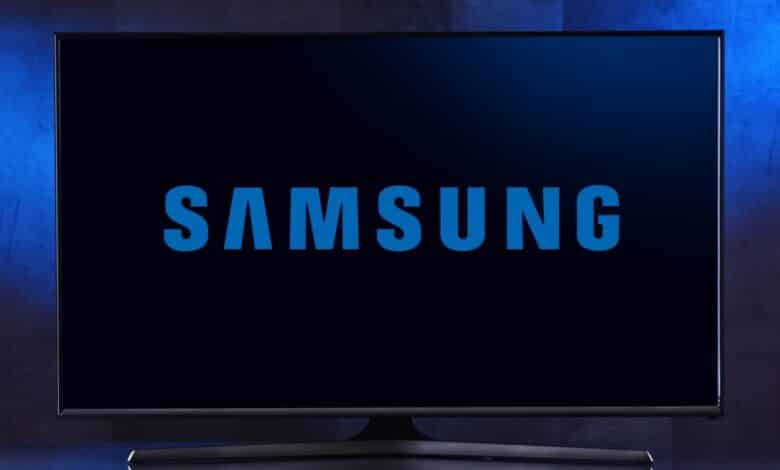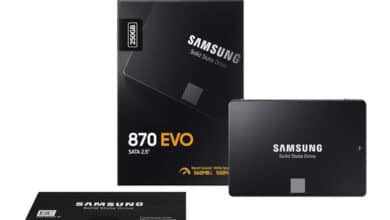
Samsung is working intensively on new OLED technologies that should drastically improve energy efficiency. According to the Vice President of Samsung Display, the company is planning to develop OLED panels that consume up to 50 percent less power. This development could not only extend the lifespan of mobile devices, but also significantly reduce the power consumption of televisions and other displays.
Important points at a glance:
- 50 percent less power consumption: Samsung plans to drastically reduce the energy consumption of OLED panels.
- Focus on new technologies: The development is to be achieved through new materials and innovative manufacturing processes.
- Wide range of applications: The energy-saving panels could be used in smartphones, televisions and other devices.
- Expanding market leadership: Samsung is aiming to further consolidate its position as the leading manufacturer of OLED technology.
Samsung plans new OLED panel
Samsung Display, a leading supplier of display technologies, recently announced that its engineers are working on OLED panels that will consume up to 50 percent less power than current models. This is according to a report by OLED-Info. The improvement is to be achieved through the use of new materials and improved manufacturing processes. This should significantly reduce the energy requirements of OLEDs.
The importance of this development cannot be overestimated, as OLED panels are currently used in a wide range of devices, from smartphones and tablets to televisions. Lower power consumption would not only mean longer battery life for mobile devices. It would also reduce the energy consumption of stationary devices such as televisions or monitors.
Samsung is relying on a range of new technologies. These include the use of improved organic materials to control the energy flow within the panels more efficiently. The use of quantum dots in conjunction with OLEDs could also help to increase efficiency. Quantum dots, which are already used in some high-end televisions, could emit light more efficiently and thus further reduce energy consumption.
Samsung is under competitive pressure
LG is certainly the main competitor in the field of panel technology. For its part, the company is also pushing ahead with the development of energy-efficient display technologies. Samsung’s push towards energy-saving OLED panels could give it a decisive advantage. If Samsung is successful, this could have far-reaching effects on the market.
A more efficient OLED panel would not only make Samsung’s own devices more competitive, but also increase the demand for OLED displays in other areas such as automobiles or wearables. It will be particularly exciting if this technology is used in combination with flexible or foldable displays, which could further extend Samsung’s innovative lead.
Conclusion: A look into the future of display technology
Samsung’s ambition to reduce the energy consumption of OLED panels by 50 percent demonstrates the company’s commitment to innovation and sustainability. This development could have far-reaching consequences for the entire industry, particularly in terms of the efficiency and lifespan of electronic devices. We are eagerly awaiting the presentation of the first products with new OLED technology.



